Guns and Hunting
Weapons That Are Against American Law, and Surprising Ones That Aren't
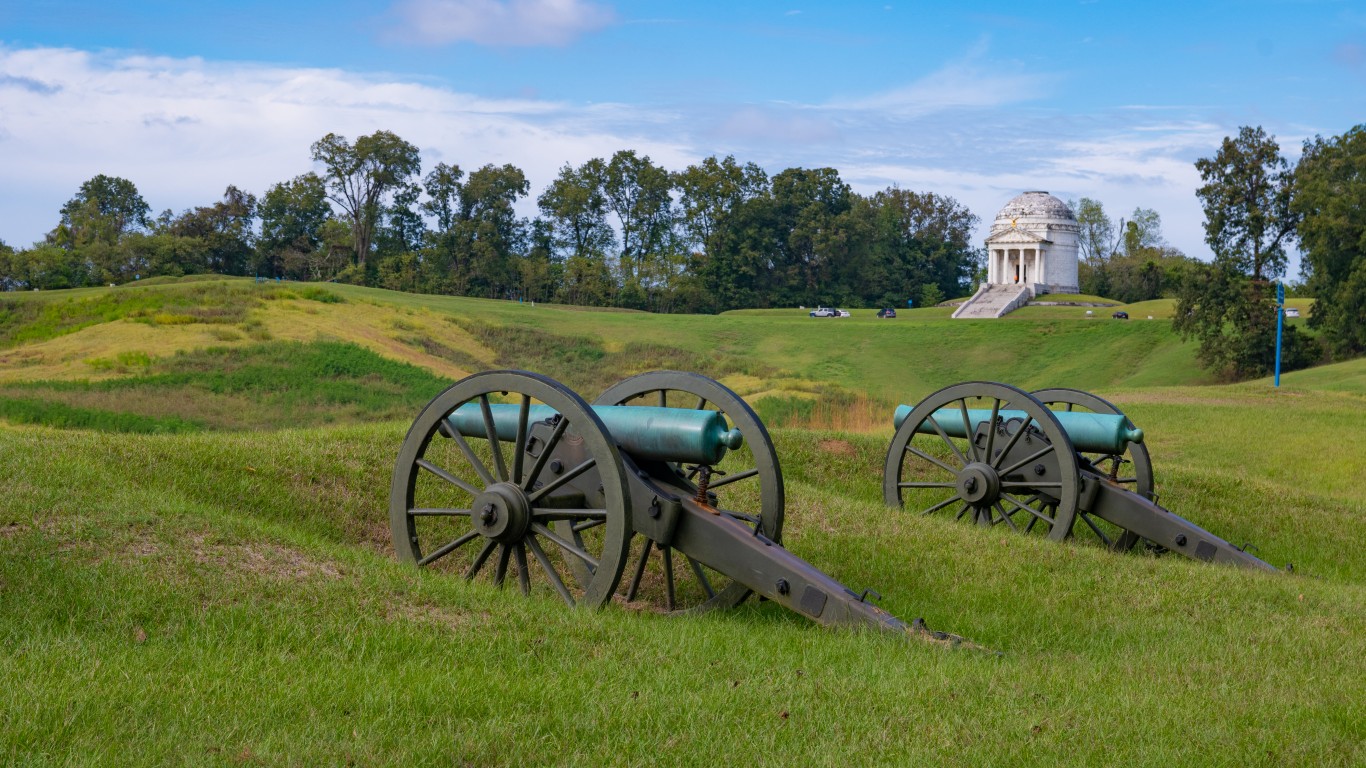
Published:

24/7 Wall St. Insights
With the popularity of the Second Amendment in the United States, firearm and weapon ownership are a staple part of American culture. As a result, there are many different types of weapons Americans have looked to own over the years, like tanks, flamethrowers, and even the occasional bazooka. Of course, such freedoms do require some overnight and the government has been happy to oblige.
The National Firearms Act, established in 1934, documents the ownership of such weapons. This act of Congress coincides with the Gun Control Act of 1968, which regulates the firearm industry and ownership. Surprisingly, outside of nuclear, biological, and chemical weapons, only a small number of weapons are illegal to own in the U.S., though every state can enact separate laws.
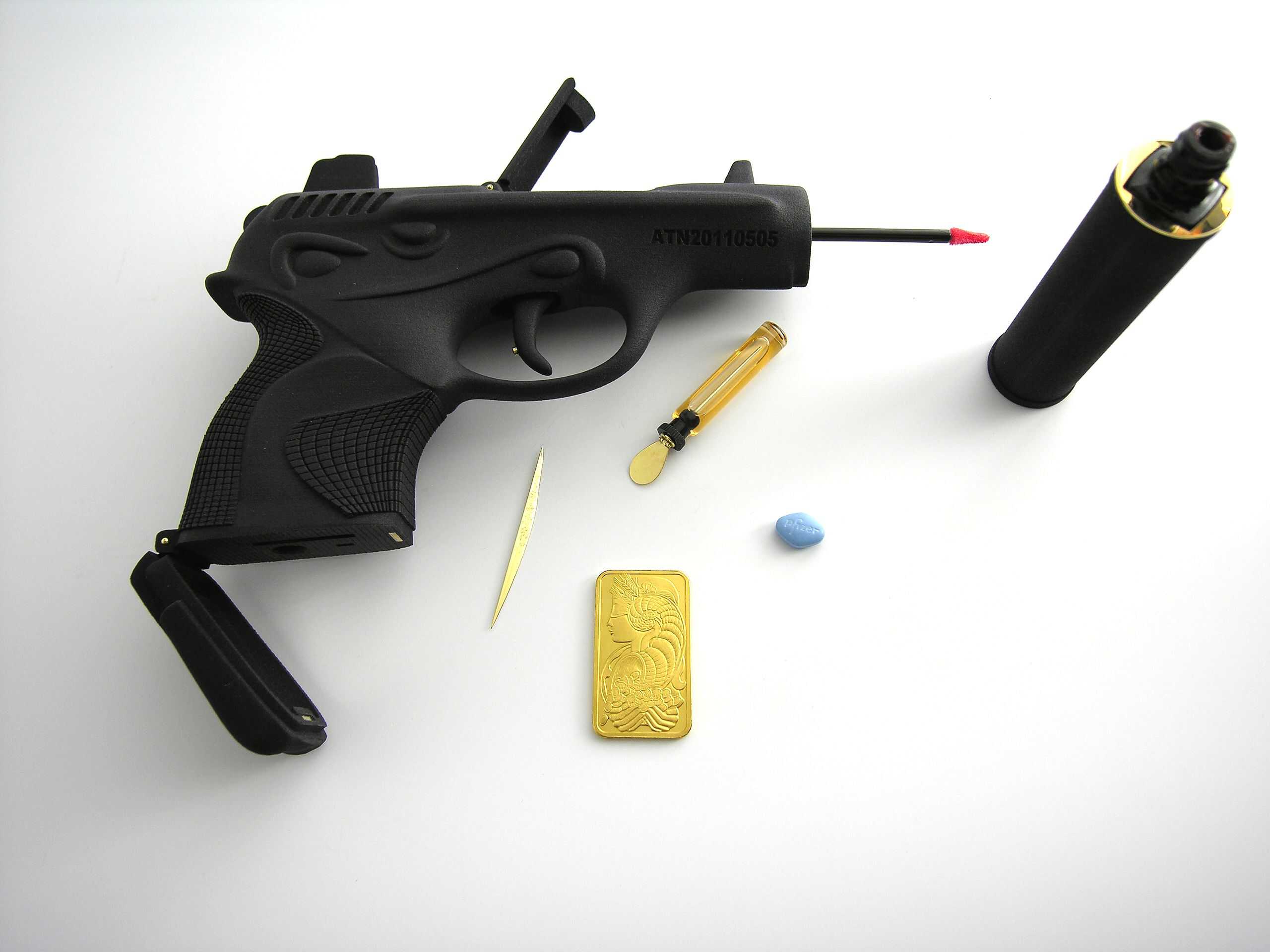
With the rise of 3D printing, privately made firearms are all the rage. Known as “Ghost Guns,” they are surprisingly legal. While there are ATF regulations that govern homemade guns, they can be notoriously difficult to enforce. President Biden introduced executive action on Ghost Guns in 2022 to serialize them so they are easier to track.
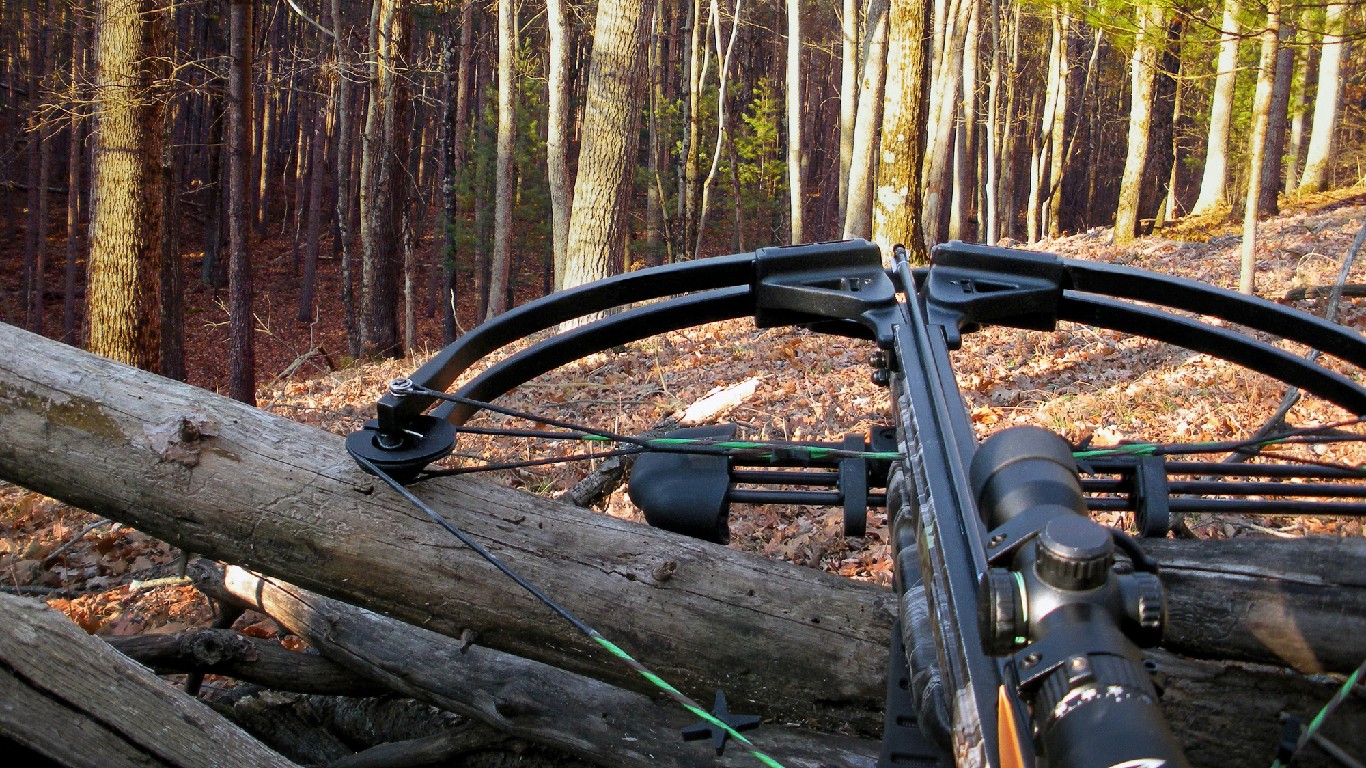
First popularized in movies with plots set hundreds of years ago, crossbows are perfectly legal to own in the United States. No federal law prohibits them, provided they have been purchased for target shooting or hunting.
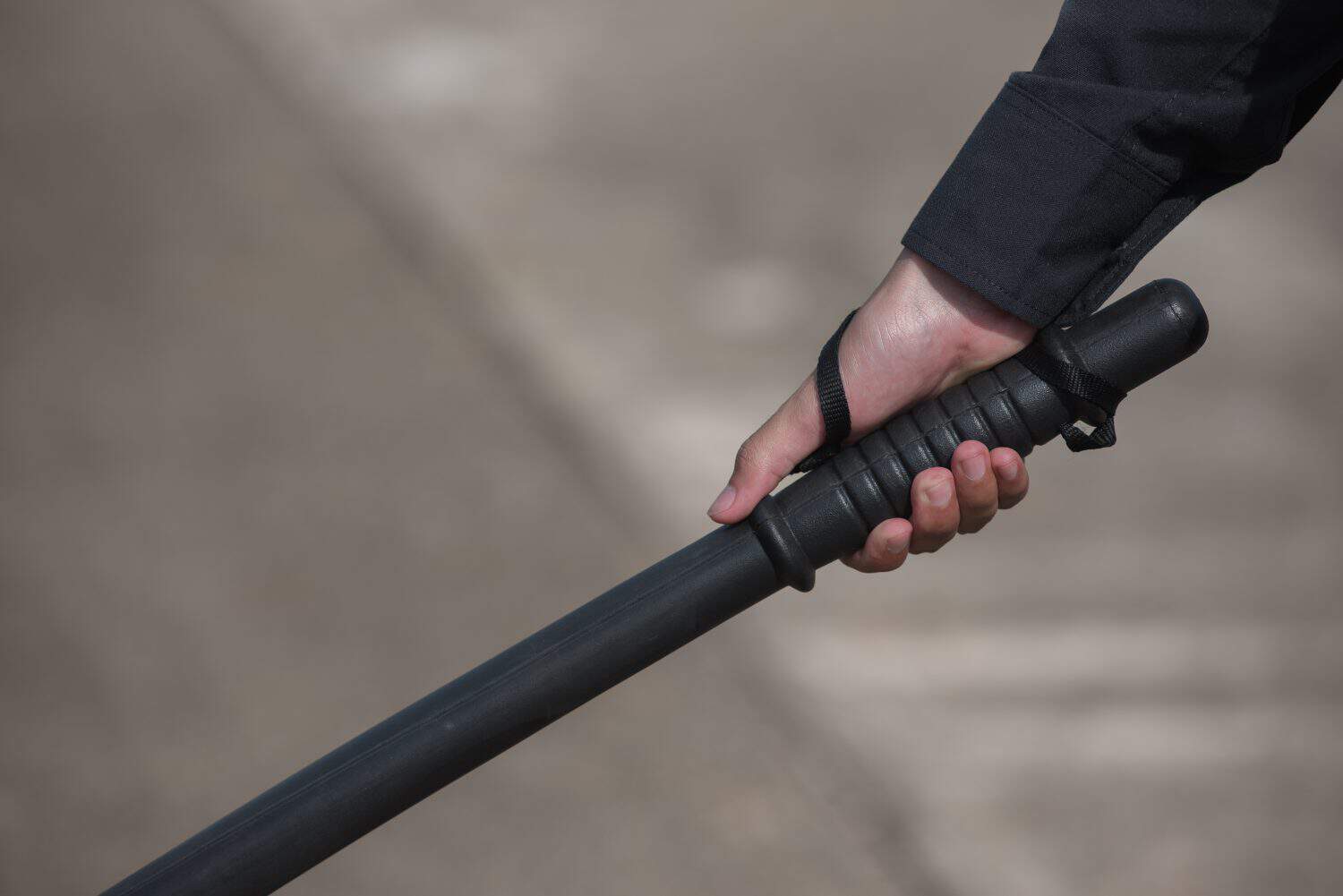
While laws vary from state to state, owning a tactical baton or a “telescopic” model is generally legal nationwide. You might need a concealed weapons permit in certain states like Florida, but this follows the same process as gun ownership.
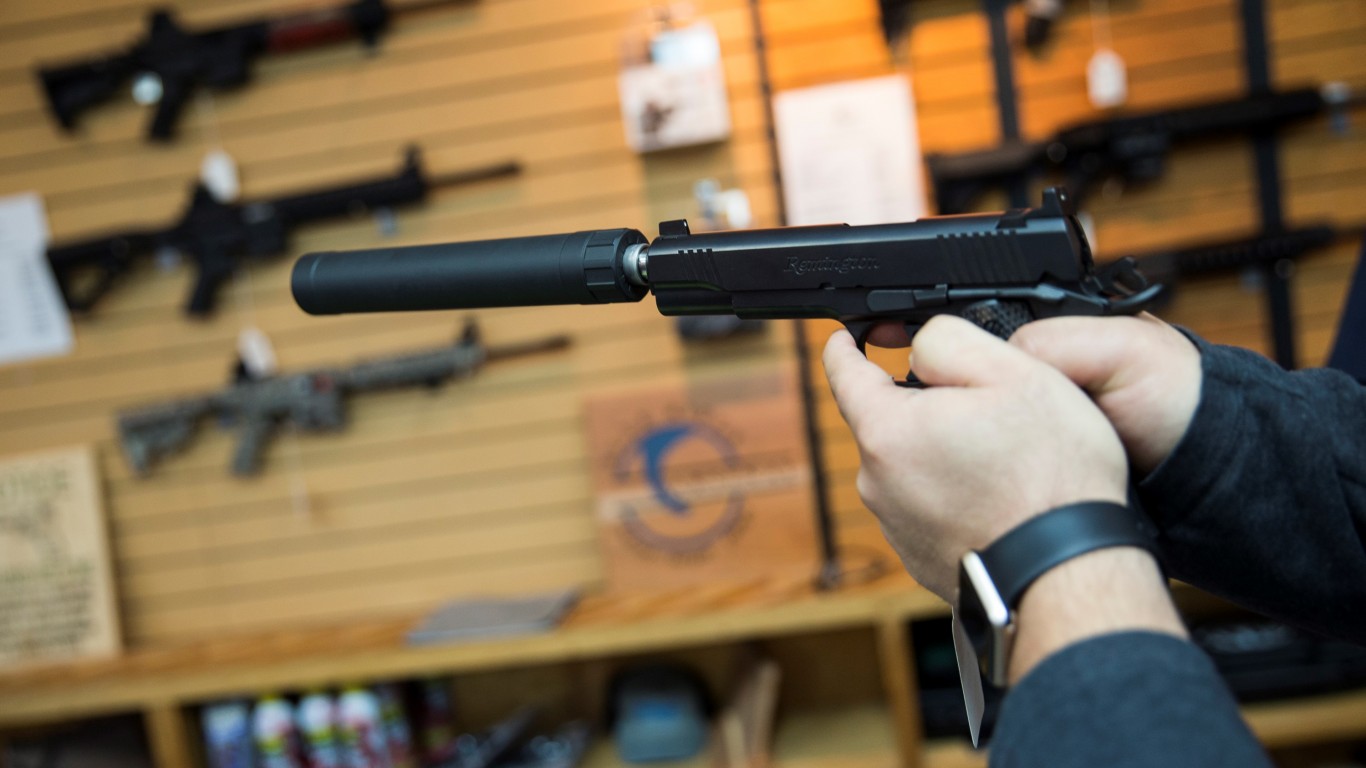
Interestingly, while silencers on weapons like pistols are not outright banned in the US, they are heavily regulated under the NFA. To own one, you must undergo an approval process, undergo a background check, and pay the appropriate tax.
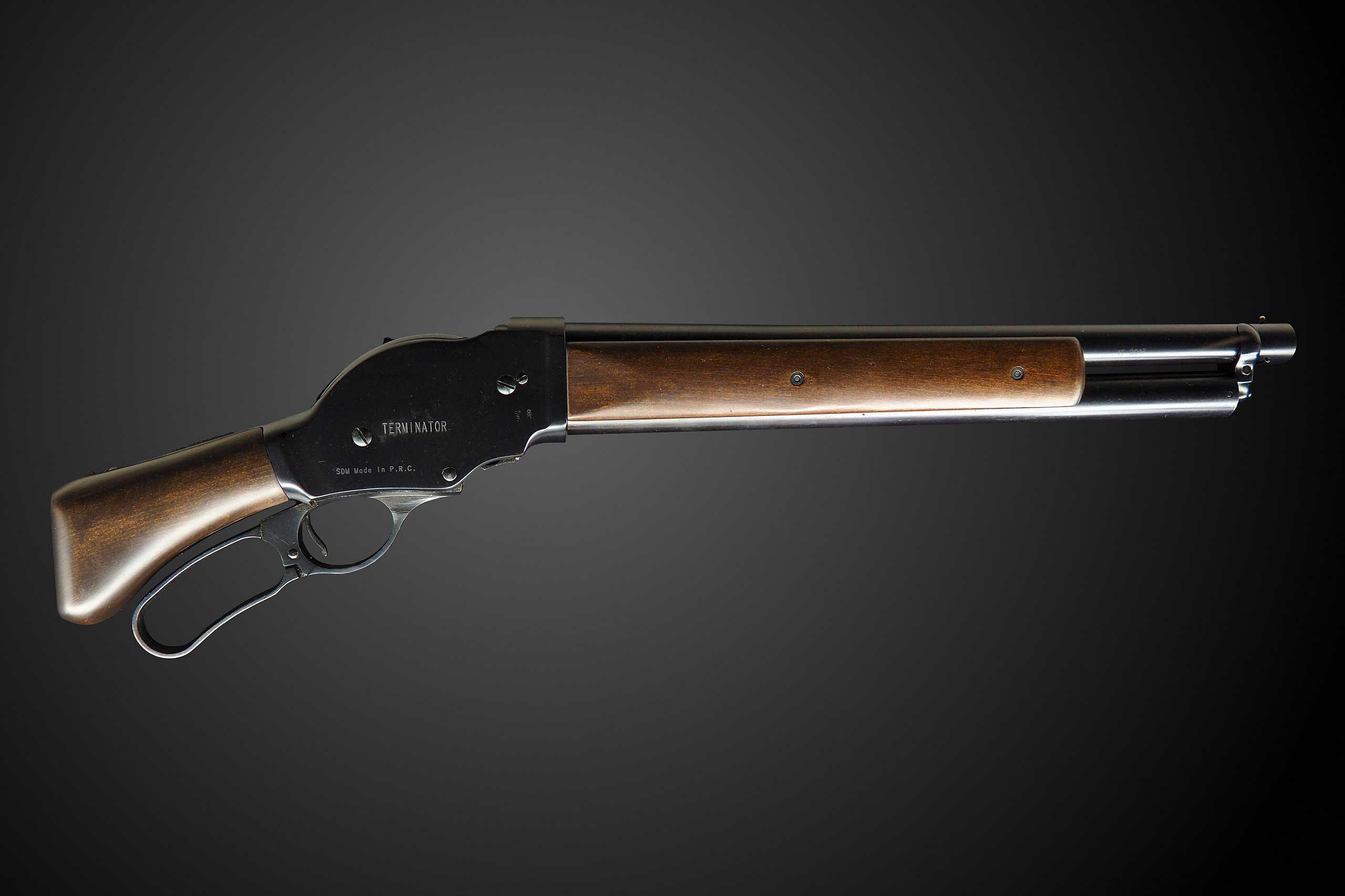
It might come as a surprise to learn that owning a sawed-off shotgun in the US is perfectly legal as long as you pay the appropriate tax to the Bureau of Alcohol, Tobacco, and Firearms. The NFA prohibits shotguns with a barrel under 18 inches, so you must register the weapon to maintain legal possession.
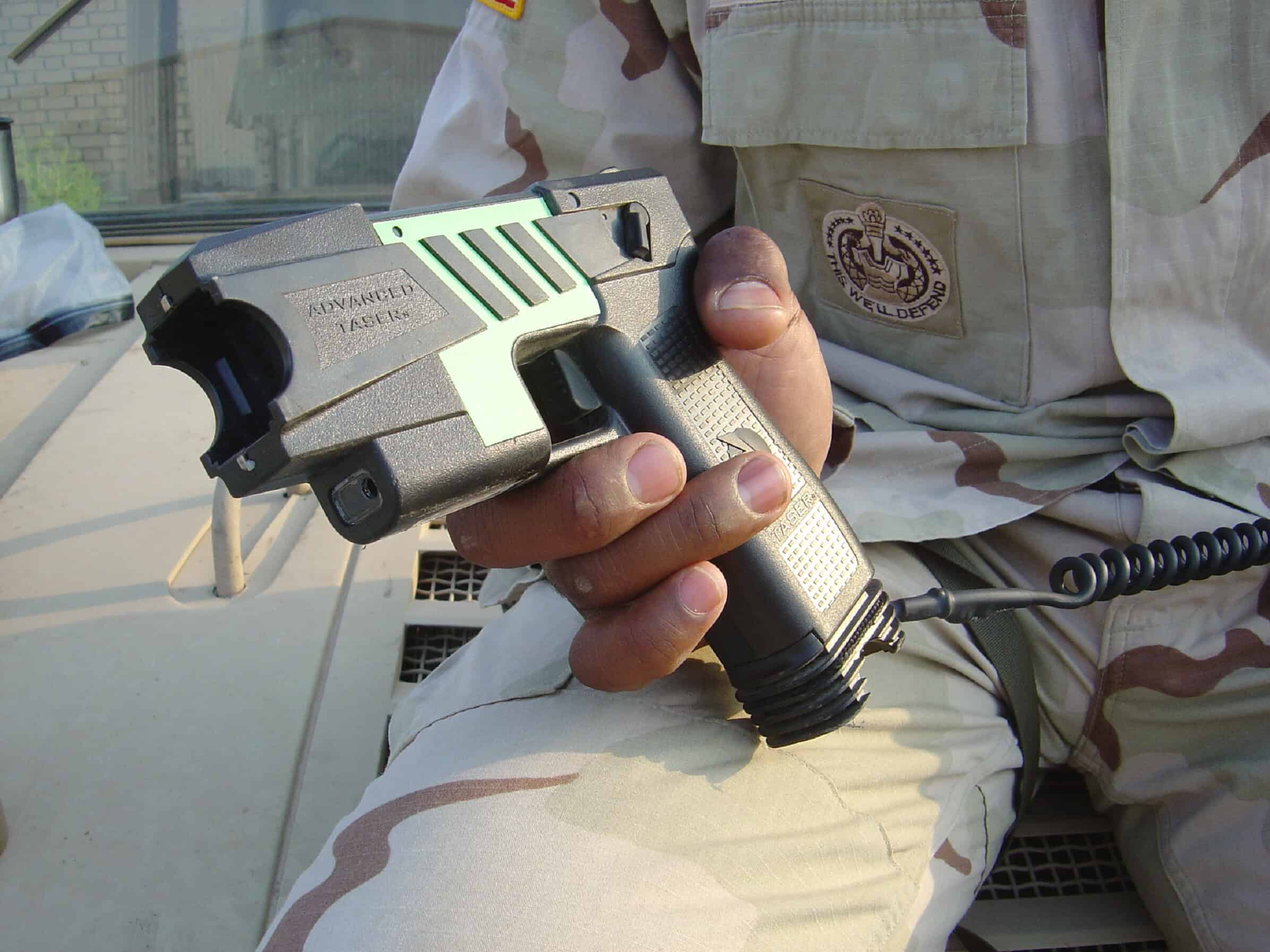
You can own a stun gun across the US as long as you are 18 years of age and only plan to use it in self-defense. In states like Florida, ownership of a stun gun is a felony if you have previously been convicted of a crime; otherwise, there are few restrictions outside of not taking it into a school or airport.
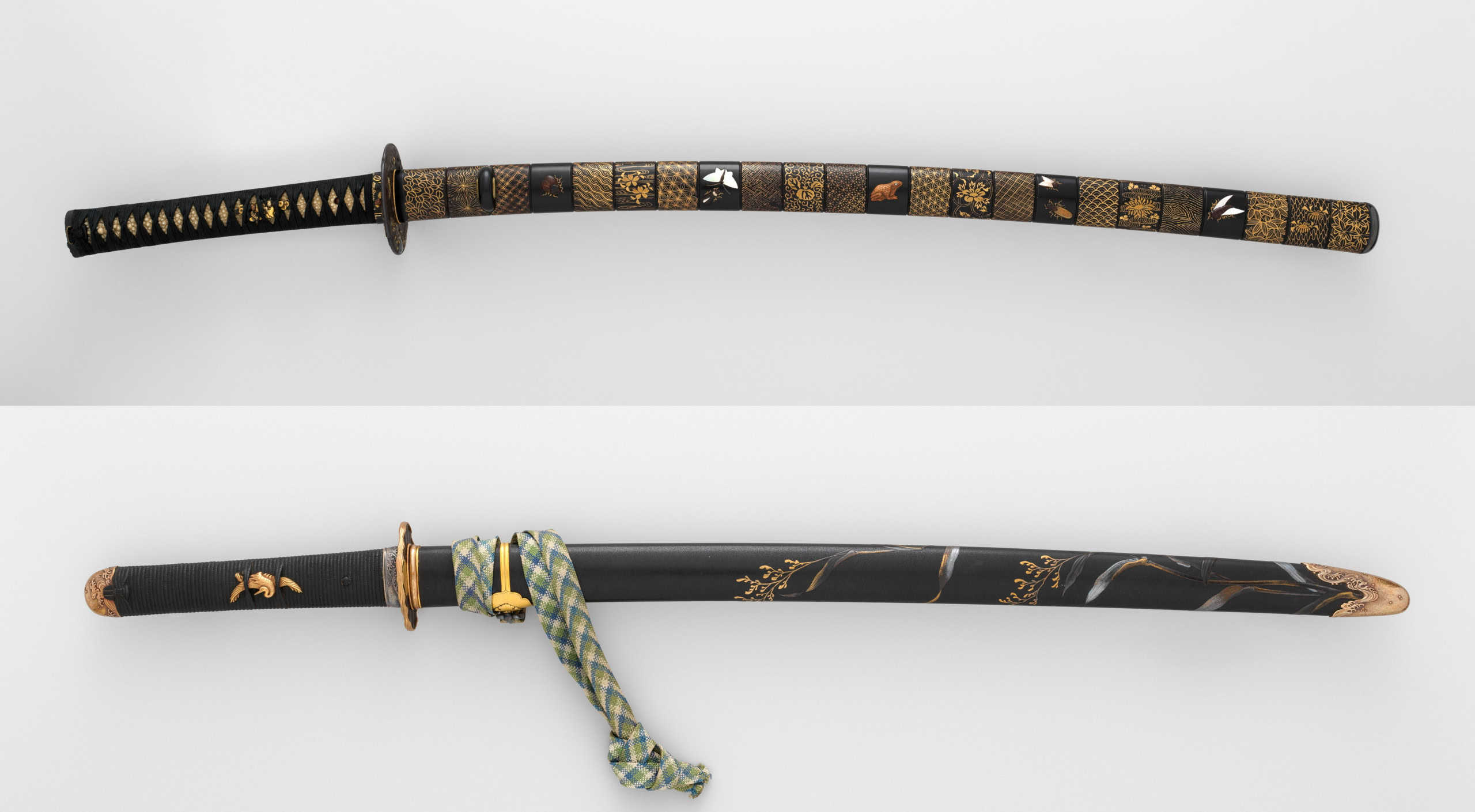
One weapon that frequently comes around ownership is the katana blade, which you can own in the US. The only caveat is that if you purchase one in Japan, it requires legal paperwork to import; otherwise, ownership is lawful, with some restrictions on carrying it in public in some states. The same goes for short knives like switchblades, which are generally legal in most states.
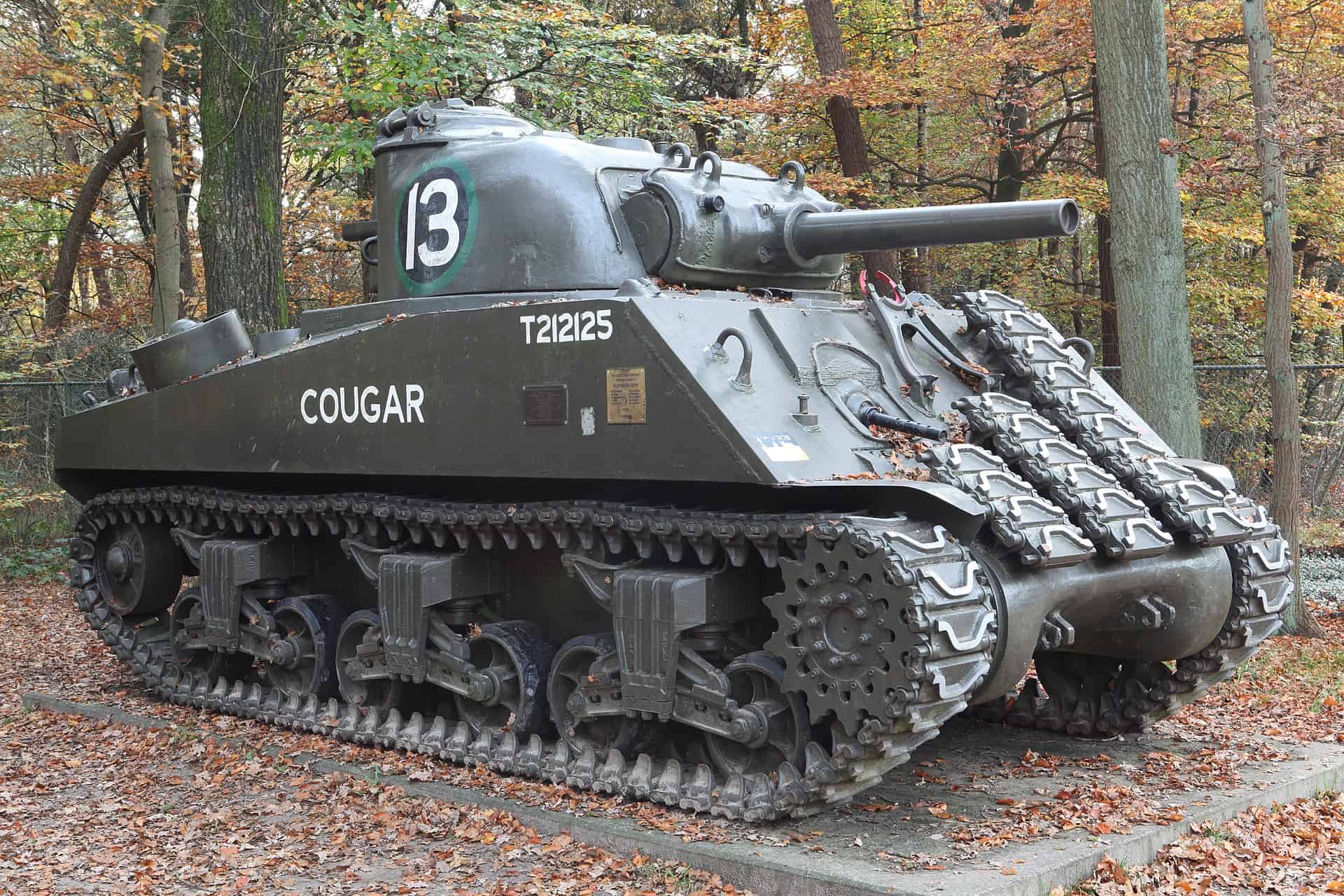
Private citizens in the US can own a decommissioned tank, albeit with some caveats. First and foremost, the main gun has to be disabled, and, of course, the tank cannot be currently in active service. However, if you have a “Destructive Device” permit, you can own a fully functioning tank, though these permits are notoriously difficult for private citizens.
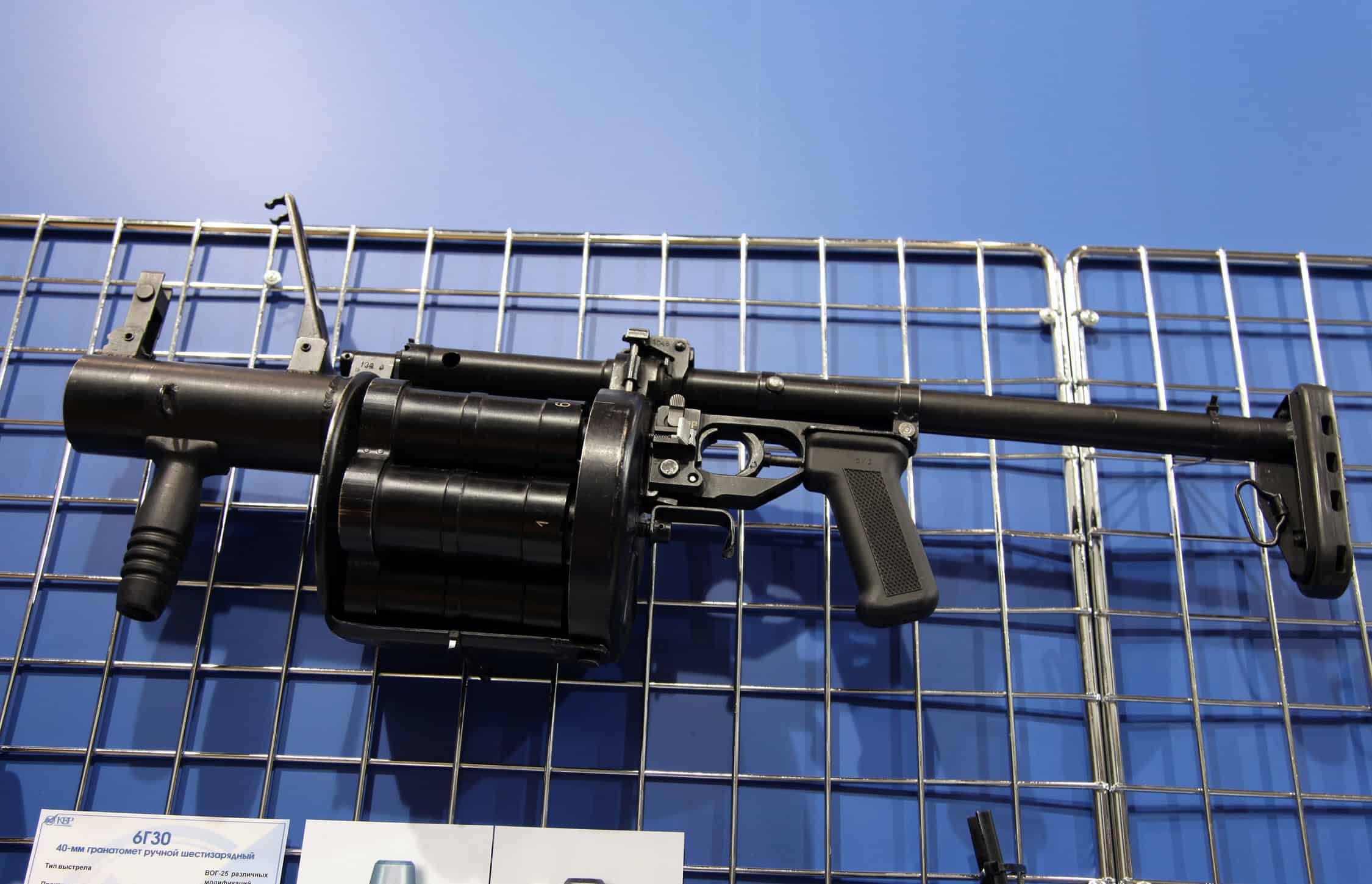
While the NFA classifies a grenade launcher as a “destructive device,” you can still own one, assuming you have the permits, passed a background check, and purchased through legal means. Firing a grenade launcher might be more questionable and is not recommended.
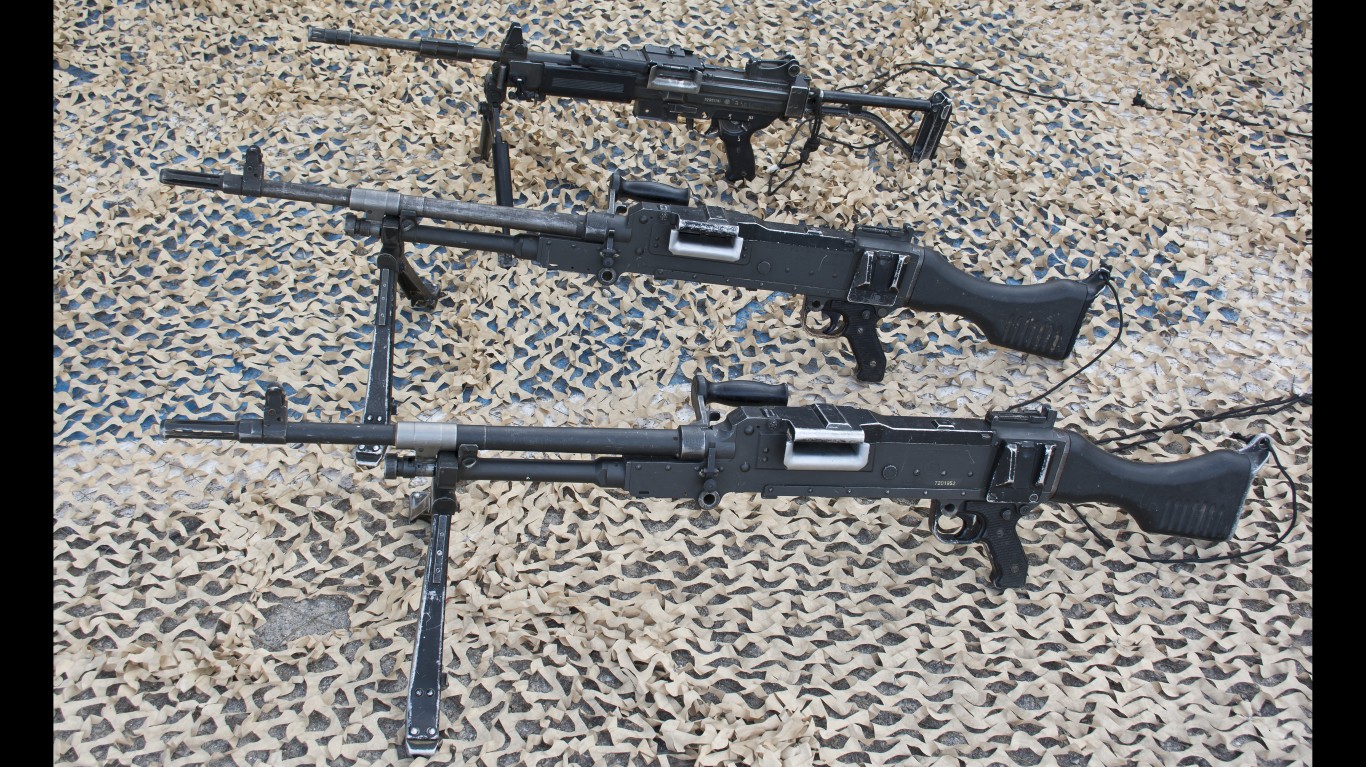
Ownership of a machine gun in the US is interesting as it is legal and illegal. Per the NFA, federal law prohibits the ownership of machine guns manufactured after May 19, 1986. However, machine guns manufactured after this date can be transferred to a new owner pending approval by the ATF.
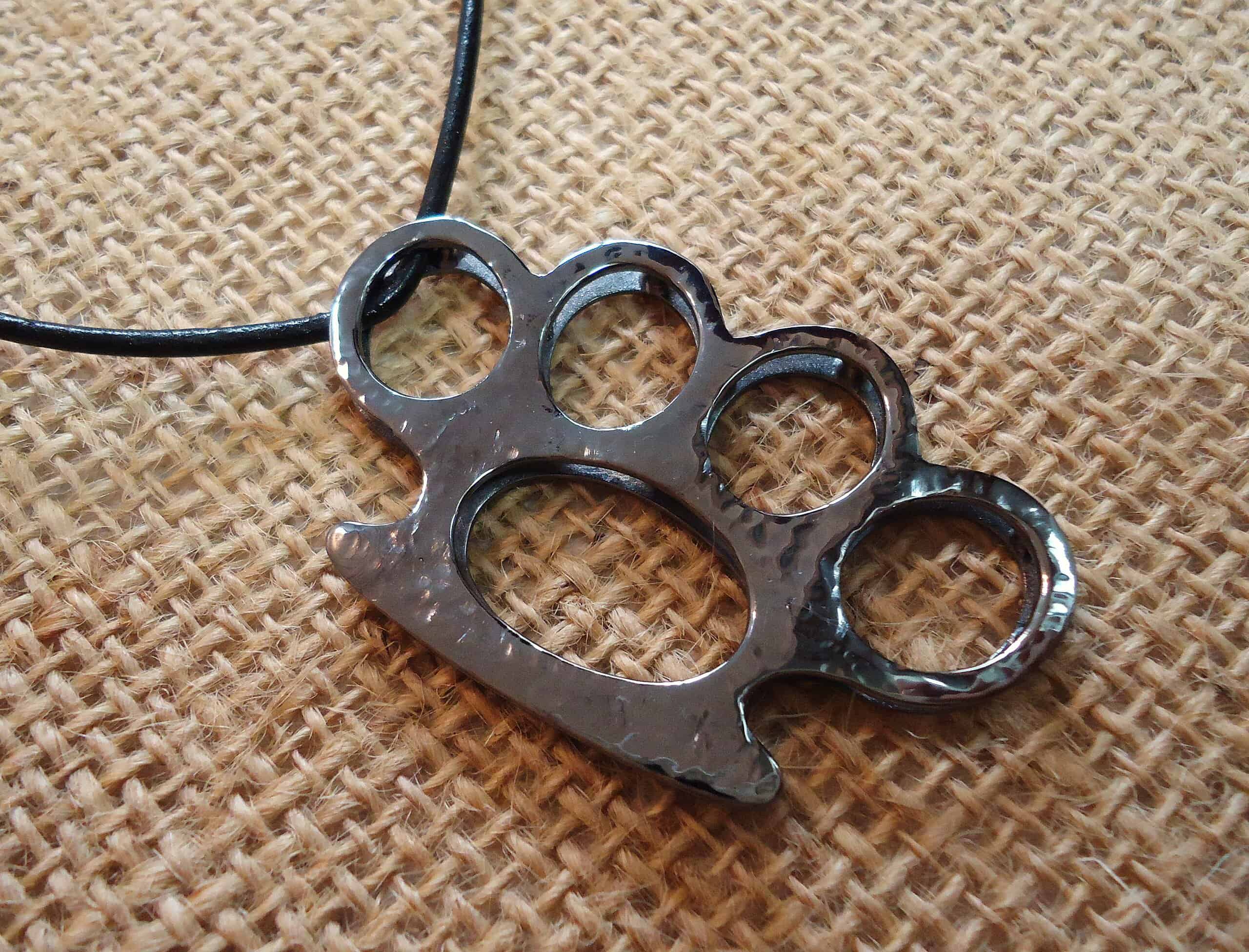
Somewhat ambiguous at the ownership level, multiple states prohibit ownership of brass knuckles. California, Florida, Illinois, Michigan, New Jersey, New York, and Pennsylvania are some states where you cannot own brass knuckles. Brass knuckles are more famous in movies than in real life, but they can be carried for self-defense.

While Flamethrowers are banned in California, you can surprisingly own one in most states. States like Texas, Florida, and New York permit ownership without specialized documents or licenses. Legal ownership became a central topic after Elon Musk’s The Boring Company sold a flamethrower online.
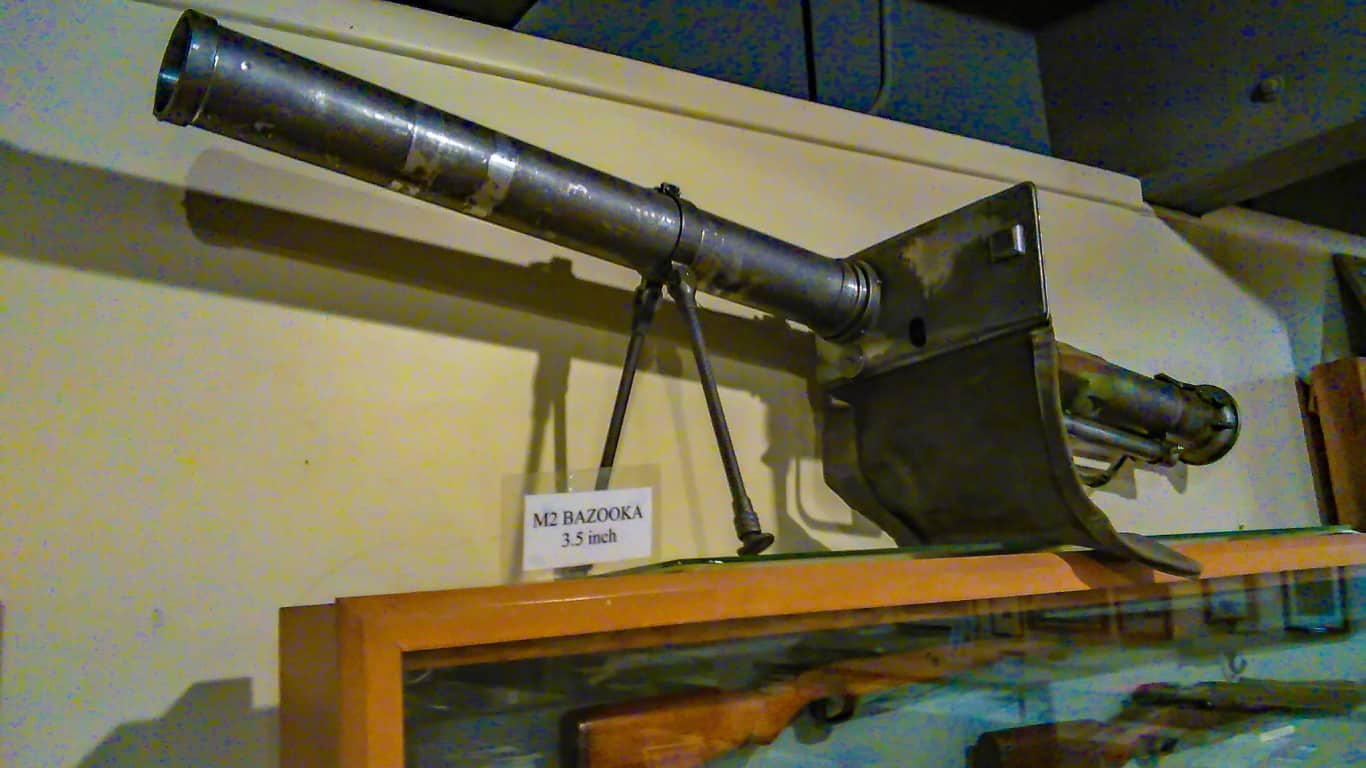
If you have been considering buying a Bazooka or a U.S.-made Rocket Launcher in your state, the good news is that you likely can. As with many weapons on this list, it just requires a $200 transfer tax, completing some forms, and you can own this weapon.
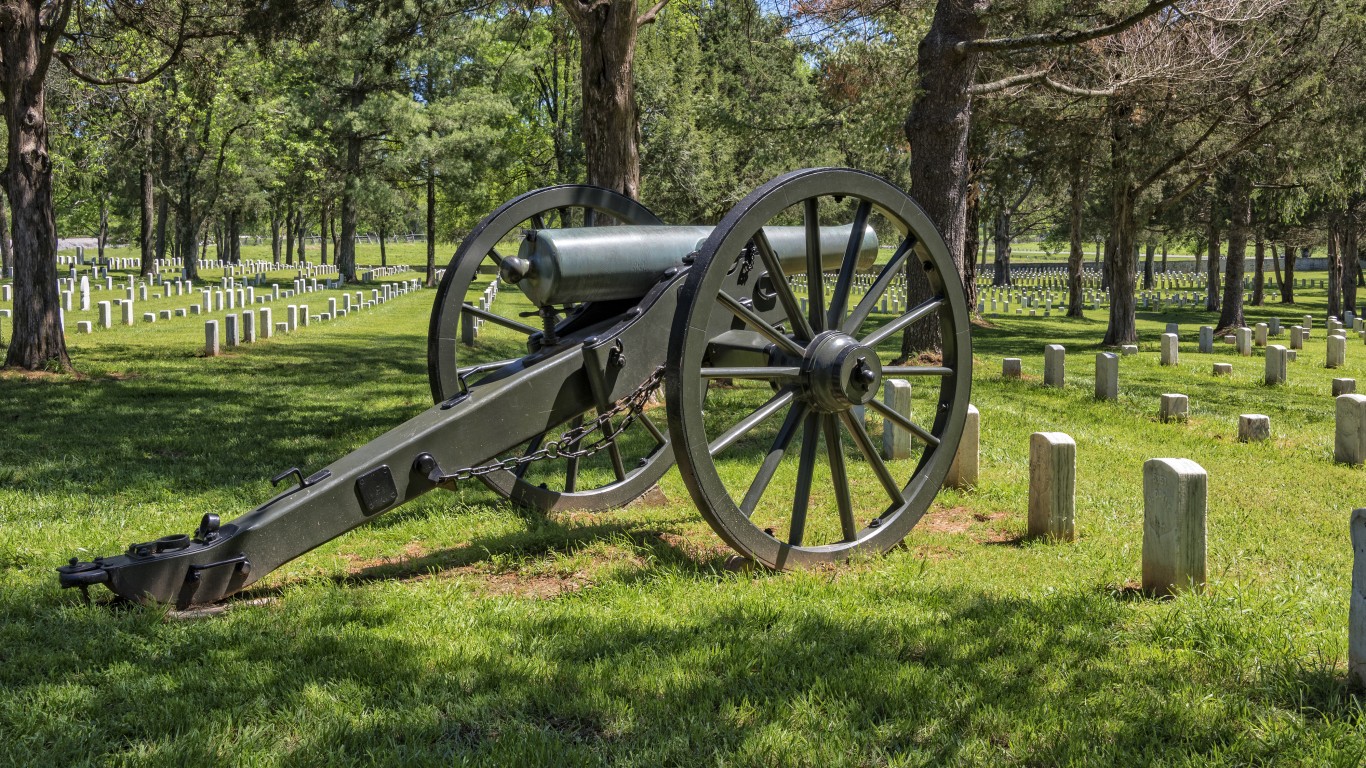
According to the National Firearms Act, amended in 1934, you can surprisingly own a cannon in America. So long as it was manufactured before 1898 and is a muzzle-loading model, you must pay a $200 tax stamp, fill out forms, and ownership is perfectly legal under federal law.
If you’re one of the over 4 Million Americans set to retire this year, you may want to pay attention.
Finding a financial advisor who puts your interest first can be the difference between a rich retirement and barely getting by, and today it’s easier than ever. SmartAsset’s free tool matches you with up to three fiduciary financial advisors that serve your area in minutes. Each advisor has been carefully vetted, and must act in your best interests. Start your search now.
Don’t waste another minute; get started right here and help your retirement dreams become a retirement reality.
Thank you for reading! Have some feedback for us?
Contact the 24/7 Wall St. editorial team.